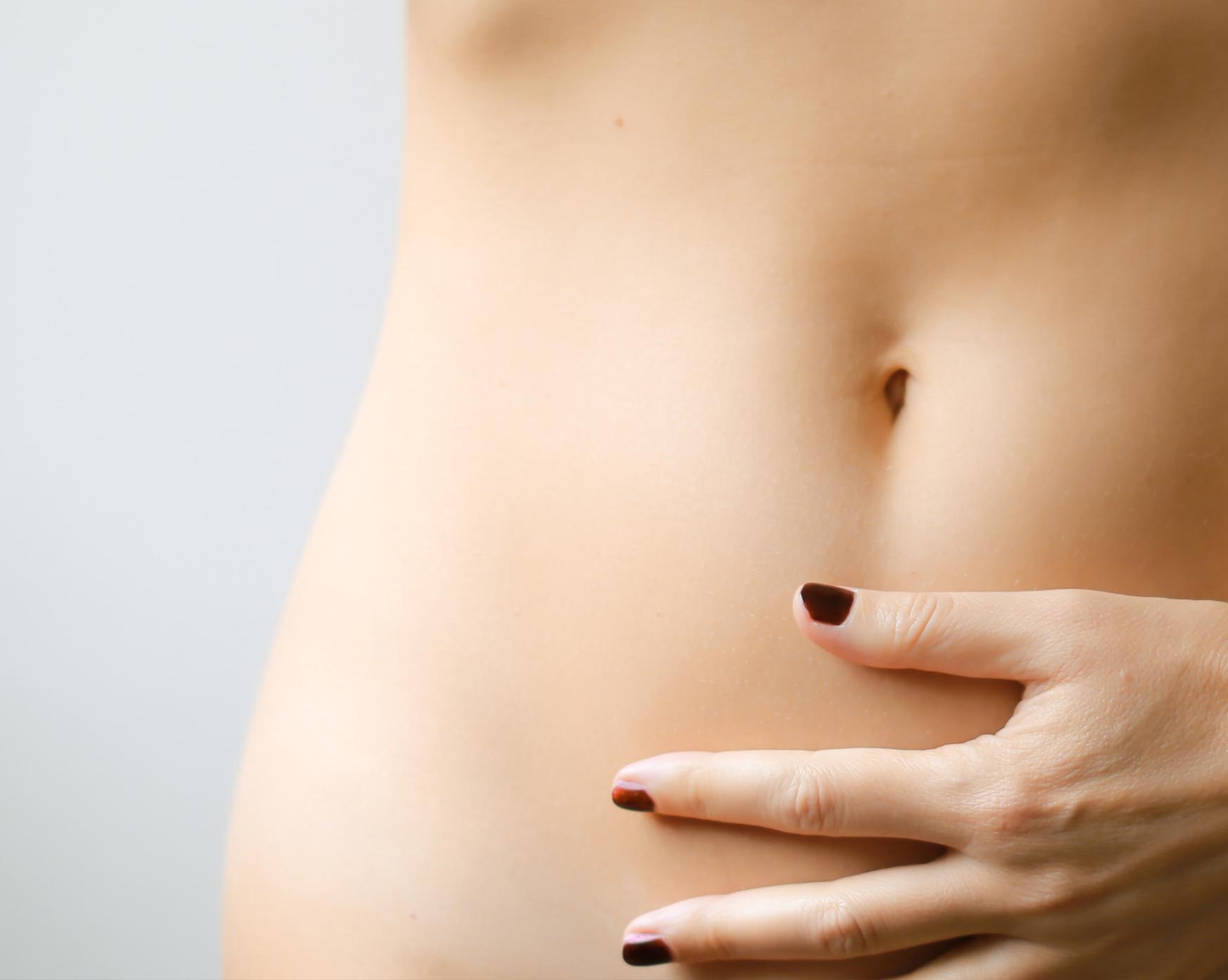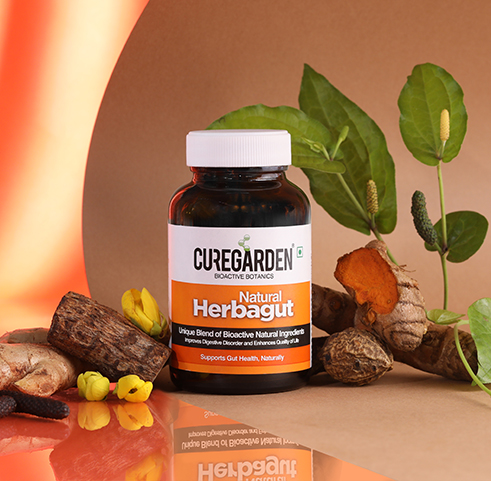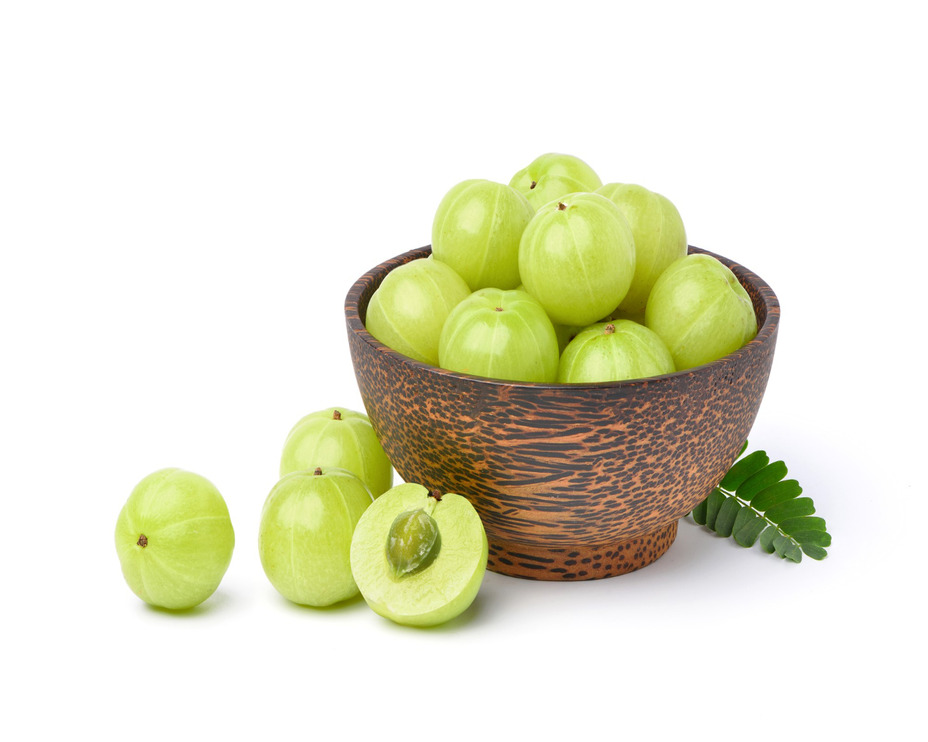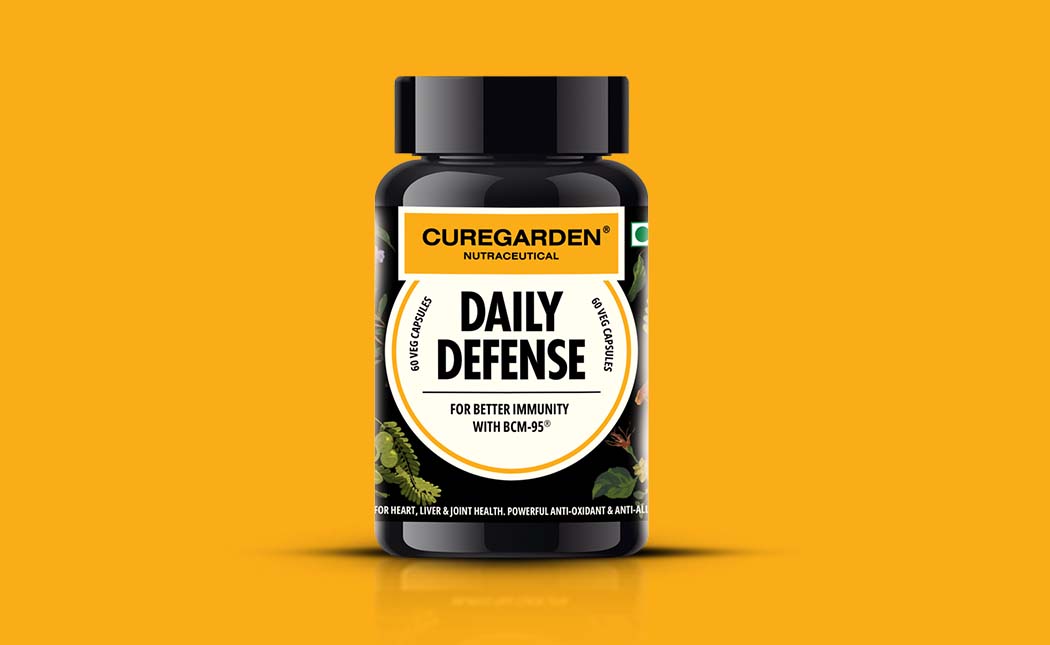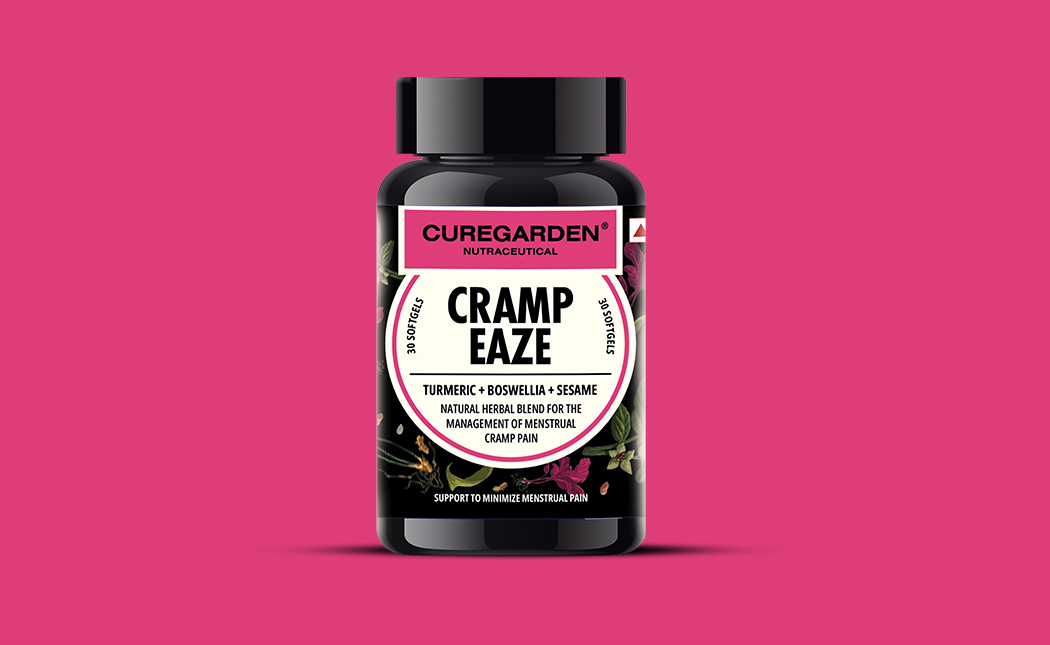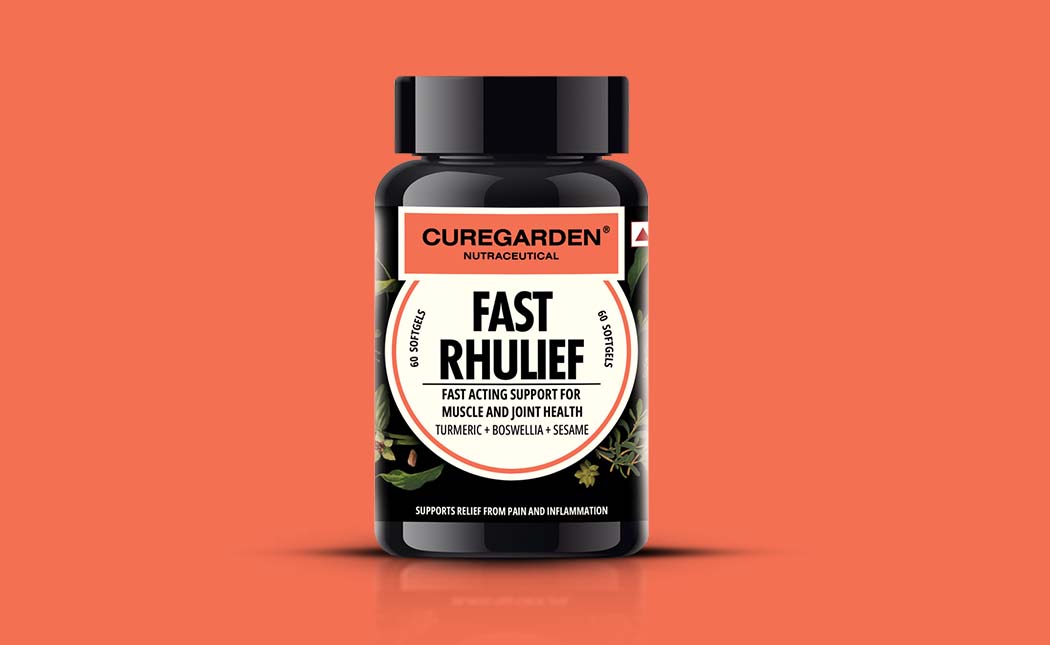Essential Takeaways
- Understand what are probiotics. How they work?
- Know list of food with contain probiotics.
We all have heard of bacteria. We know that they are micro-organisms that grow and multiply to cause diseases. But how many of us know that just like the two sides of a coin, besides the bad bacteria, there are good bacteria as well?
What are Probiotics?
There are bacteria as well as certain yeasts that are good for your health, and help protect and maintain the healthy functioning of your digestive system. They are termed as Probiotics and are often called good or helpful bacteria, mainly because they live in your gut and ensure that your intestines remain healthy at all times.
Probiotics have been known for their health benefits, and are often prescribed by medical practitioners in case of digestive problems. These good bacteria are found naturally in the body, and can also be found in certain foods and food supplements. Ever since probiotics gained popularity in the mid-1990s, they can be found in almost every food item ranging from milk and yogurt to chocolates as well.
Types of Probiotics
There are many types of probiotics of which two of them are popularly suggested by doctors and dietitians for maintaining good health.
- Lactobacillus
This is the most commonly suggested probiotic bacteria, and are found in yogurt and fermented food, and is usually used to treat diarrhoea and lactose intolerance in children and adults.
- Bifidobacterium
They are found in almost all dairy products and can be used to treat digestive conditions such as irritable bowel syndrome (IBS) and constipation.
How do they work?
When you suffer from any disease, the effects of the disease as well as the medications can make your digestive system become weak. This is where probiotics come into play. Doctors prescribe probiotic food supplements, or suggest that you consume food rich in probiotics such as yogurt, milk and cheese, so that your body can make up for the good bacteria that has been lost due to the effects of the disease.
Probiotics also help in balancing the growth of the good bacteria in your body. They help in the proper movement of food particles through the intestines. They usually help in managing digestive disorders such as Irritable Bowel Syndrome (IBS), Inflammatory Bowel Disease (IBD), Infectious Diarrhoea and Antibiotic Related Diarrhoea.
Foods with Probiotics
The following foods are rich in probiotics:
- Yogurt
Yogurt is the richest source of probiotic bacteria that help in maintaining digestive health. The bacteria found in yogurt can help tame bloating, diarrhoea and other digestive disorders.
- Soft Cheeses
Cheese are filled with probiotics, second to yogurt, and help as an efficient carrier of probiotics, in their journey from the mouth to the gut.
- Buttermilk
Buttermilk, which is the thin white layer formed on the top of milk, during heating, is rich in lactic acid bacteria, which is a good probiotic.
- Sour Pickles
When you look for probiotic-rich pickles, never go for those fermented with vinegar. Pickles fermented in plain salt and water feeds the growth of probiotic bacteria, and help in the digestive process.
- Prebiotic Foods
While probiotic foods contain live bacteria, prebiotic foods feed the existing good bacteria in your gut. Food such as honey, red wine, raw or cooked onions, under-ripe bananas, raw garlic, raw asparagus etc. are excellent prebiotic foods.
Are probiotics safe to use?
In general, probiotics are never known to cause side effects at all. However, in exceptional cases where people suffer from immune system disorders, they may turn out to cause side effects such as irritability and allergic reactions. In case, you notice any allergies, do consult with your medical practitioner, before continuing the consumption of probiotic food supplements.
